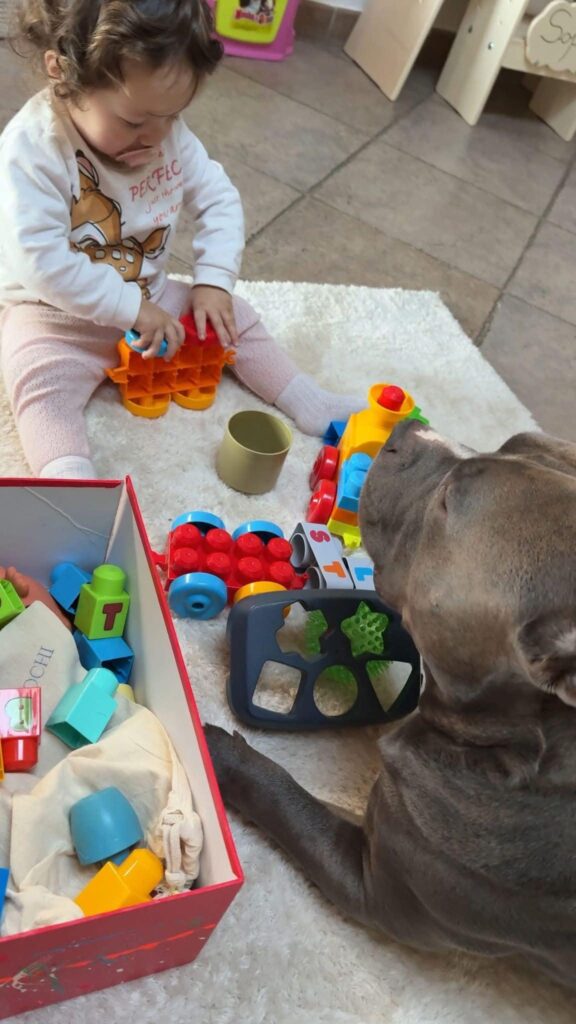Tips for Feeding Your Puppy the Right Way
Feeding your puppy the right way is one of the most important aspects of their care. A well-balanced diet supports healthy growth, strong immunity, and an active lifestyle. Below are essential tips to ensure your puppy gets the nutrition they need.

1. Choose the Right Food
Puppies require food specifically formulated for their age, size, and breed. Puppy food contains higher levels of protein, fat, and essential nutrients to support rapid growth and development. Always check the label to ensure it meets the Association of American Feed Control Officials (AAFCO) standards. Consult your veterinarian to select the best option for your puppy’s unique needs.
2. Establish a Feeding Schedule
Unlike adult dogs, puppies need more frequent meals to maintain their energy levels. Typically, puppies under six months old should eat three to four times a day. Once they reach six months, you can transition to two meals per day. Consistent feeding times help regulate digestion and establish a routine.

3. Measure Portions Appropriately
Overfeeding can lead to obesity, while underfeeding may hinder growth. Use the feeding guidelines on the dog food package as a starting point, but adjust portions based on your puppy’s activity level, age, and weight. Monitoring their body condition will help you determine the right amount of food.
4. Provide Fresh Water
Ensure your puppy has access to clean, fresh water at all times. Puppies are active and prone to dehydration, so it’s essential to refill their water bowl regularly. Avoid giving them milk, as many dogs are lactose intolerant and may develop digestive issues.
5. Avoid Table Scraps and Toxic Foods
Human foods can be harmful to puppies. Foods like chocolate, grapes, onions, garlic, and anything seasoned with spices should be strictly avoided. Additionally, feeding table scraps can lead to picky eating habits and nutritional imbalances. Stick to a consistent puppy diet to ensure they get all the nutrients they need.

6. Incorporate Treats Wisely
Treats can be a valuable tool for training, but they should only make up a small portion of your puppy’s daily caloric intake—no more than 10%. Opt for healthy, puppy-safe treats and avoid overindulging to prevent weight gain.
7. Transition Food Gradually
If you need to switch your puppy’s food, do so gradually over 7–10 days to prevent digestive upset. Start by mixing a small amount of the new food with their current food, gradually increasing the proportion of the new food while decreasing the old.

8. Monitor Growth and Adjust Diet
Puppies grow rapidly, especially in the first year. Regularly monitor their weight and body condition to ensure they’re developing properly. If your puppy seems too thin or is gaining weight too quickly, consult your vet for dietary adjustments.
9. Be Mindful of Breed-Specific Needs
Different breeds have different nutritional requirements. Large-breed puppies, for example, need food formulated to support controlled growth and prevent joint problems. Small breeds may require calorie-dense food to meet their high energy needs.
10. Consult Your Veterinarian
Your vet is your best resource for personalized feeding advice. They can recommend the right type of food, portion sizes, and supplements if needed. Regular vet visits ensure your puppy stays on track with their nutrition and overall health.
By following these tips, you can ensure your puppy gets the proper nutrition for a healthy, happy start to life.


